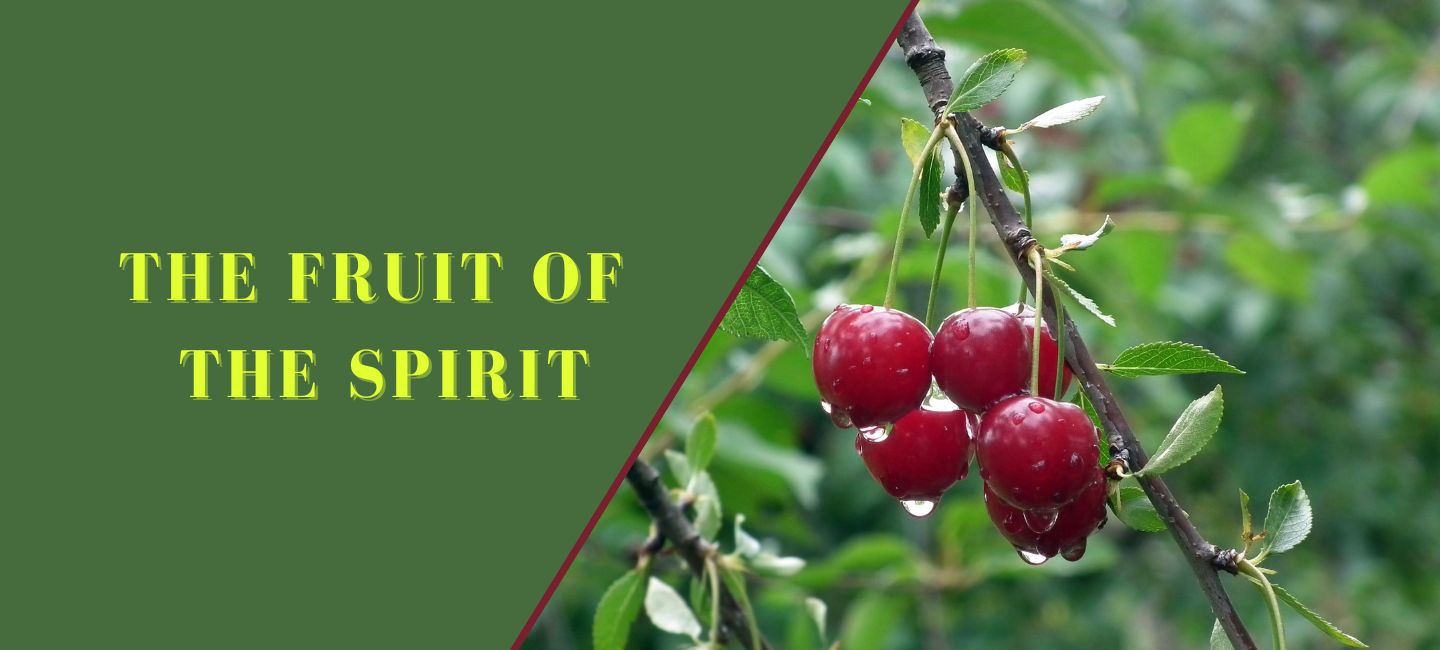
The Christian life is marked by a transformation that impacts not just beliefs but also character. This metamorphosis is beautifully depicted in Galatians 5:22-23, where the Apostle Paul lists the attributes known as the fruit of the Spirit. These characteristics are more than moral guidelines; they are the natural product of the Holy Spirit’s presence in a believer’s life.
Short-term changes produced by the Spirit in the character of a Christian may be difficult to perceive. However, over a time span of years, there should be very noticeable changes that reflect greater holiness. This is a proof that the Holy Spirit is actively working to produce such changes. On the other hand, no detectable change in one’s degree of godliness over time may indicate the person lacks genuine faith. Visit my blog site Finding Peace with God to learn how to settle the matter with God today!
Exploring Each Aspect of the Fruit of the Spirit
Love: The Foundation of the Spirit’s Fruit
Love is at the core of the fruit of the Spirit. It is an active choice to care for others and put their needs before our own. This agape love is selfless, sacrificial, and unconditional, reflecting the love God has for us.
Joy: The Resilience of the Spirit
Joy transcends the fleeting happiness tied to circumstances. It is therefore a state of delight rooted in the assurance of God’s love and sovereignty, providing strength and resilience in life’s trials.
Peace: The Serenity of the Spirit
Peace, as a fruit of the Spirit, is an inner calm that persists even when external conditions are tumultuous. It is a sense of wholeness and well-being that comes from reconciliation with God.
Patience: The Endurance of the Spirit
Patience is the ability to endure difficult situations without becoming irritable or anxious. Thus, it involves a willingness to wait and a tolerance for provocation, which reflects God’s patience with us.
Kindness: The Compassion of the Spirit
Kindness is a tender concern for others expressed through generous acts and encouraging words. Consequently, it is the warmth of God’s care demonstrated through our interactions.
Goodness: The Virtue of the Spirit
Goodness is the moral fiber that prompts us to act justly and honorably. It is an inherent righteousness that guides our actions and decisions.
Faithfulness: The Loyalty of the Spirit
Faithfulness is a steadfast commitment to God and His principles. It’s being reliable and trustworthy in our relationship with God and others.
Gentleness: The Meekness of the Spirit
Gentleness, or meekness, is not weakness; it is power under control. It is the humility and tenderness with which we approach others, akin to the gentleness of Christ.
Self-Control: The Discipline of the Spirit
Self-control is the ability to govern our desires and impulses. It enables us to live in moderation and restraint, avoiding excesses and staying true to our values.
How to Cultivate These Characteristics in Your Own Life
Cultivating the fruit of the Spirit is an intentional process that involves:
Abiding in Christ
To bear fruit, we must remain connected to the vine, which is Christ (John 15:4-5). This connection is maintained through regular prayer, studying the Bible, and obeying God’s commands.
Yielding to the Spirit
We must surrender our will to the Holy Spirit’s leading. This means saying no to our fleshly desires and yes to God’s way.
Practicing Spiritual Disciplines
Engaging in practices such as prayer, meditation, fasting, and worship can help us grow in the characteristics of the Spirit.
Living in Community
The Christian community provides an environment where we can practice these virtues and be held accountable.
The Role of the Holy Spirit in Developing Godly Character
The Holy Spirit is essential in developing godly character:
- Convicting: The Spirit convicts us of sin and prompts us to pursue righteousness, shaping our character in the process.
- Transforming: The Spirit works within us to transform our character to reflect Christ’s image.
- Empowering: The Spirit empowers us to overcome our weaknesses and live out the virtues of the Spirit.
Conclusion
In conclusion, the fruit of the Spirit is not an achievement but evidence of the Spirit’s work within us. As we yield to the Spirit and engage in spiritual disciplines, God shapes our character to reflect His own. This journey is lifelong and dynamic, one where the Spirit’s power is made perfect in our weakness, producing a harvest of righteousness that glorifies God.